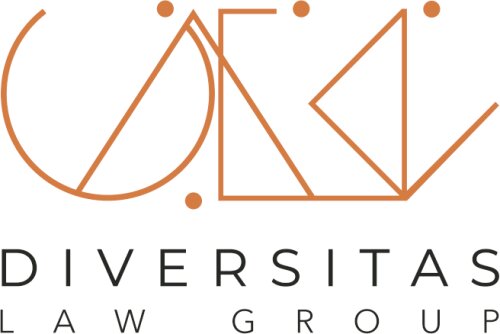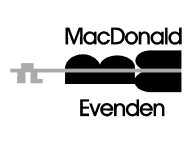Best Collaborative Law Lawyers in London
Share your needs with us, get contacted by law firms.
Free. Takes 2 min.
Free Guide to Hiring a Family Lawyer
List of the best lawyers in London, Canada
About Collaborative Law in London, Canada:
Collaborative Law in London, Canada is a method of resolving legal disputes outside of court. It involves both parties and their lawyers working together to reach a mutually beneficial agreement. This process focuses on communication, cooperation, and finding creative solutions to problems, rather than adversarial litigation.
Why You May Need a Lawyer:
You may need a lawyer in Collaborative Law in London, Canada if you are going through a divorce, child custody dispute, or other family law matter. Additionally, if you are involved in a business dispute, real estate transaction, or other civil matter, a lawyer can help guide you through the collaborative process and protect your rights.
Local Laws Overview:
In London, Canada, Collaborative Law is governed by the Collaborative Family Law Act, which outlines the framework for resolving family law disputes through collaborative means. It is important to familiarize yourself with this law and any other relevant municipal regulations when seeking legal advice in Collaborative Law.
Frequently Asked Questions:
1. What is Collaborative Law?
Collaborative Law is a method of resolving legal disputes through collaboration and negotiation, rather than through traditional litigation in court.
2. How does Collaborative Law differ from mediation?
In Collaborative Law, both parties have their own lawyers who advocate for their interests, whereas in mediation, a neutral third party helps the parties reach a mutually acceptable agreement.
3. How long does the Collaborative Law process typically take?
The length of the Collaborative Law process can vary depending on the complexity of the issues involved. Generally, it is quicker than traditional litigation but may still take several months to resolve.
4. Can I use Collaborative Law for business disputes?
Yes, Collaborative Law can be used for a variety of legal matters, including business disputes, real estate transactions, and other civil cases.
5. What are the advantages of Collaborative Law?
Collaborative Law allows for more control over the outcome, promotes open communication, and can often lead to more creative and customized solutions than traditional litigation.
6. Are the outcomes of Collaborative Law legally binding?
Yes, once an agreement is reached in Collaborative Law, it can be formalized into a legally binding contract or court order.
7. How do I find a Collaborative Law lawyer in London, Canada?
You can search for local Collaborative Law attorneys through legal directories, bar associations, or by asking for recommendations from friends or family members.
8. What if one party decides to withdraw from the Collaborative Law process?
If one party decides to withdraw from the Collaborative Law process, both parties will need to seek new legal representation and may proceed with traditional litigation if necessary.
9. Can children be involved in Collaborative Law proceedings?
Children's interests are always a priority in Collaborative Law, and child specialists may be involved to ensure their needs are addressed in the process.
10. How much does Collaborative Law cost in London, Canada?
The cost of Collaborative Law can vary depending on the complexity of the case and the rates of the lawyers involved. It is typically more cost-effective than traditional litigation, but it is important to discuss fees and payment structure with your lawyer in advance.
Additional Resources:
If you are in need of legal advice in Collaborative Law in London, Canada, you may find the following resources helpful: - London Collaborative Family Law Group - Ontario Association of Collaborative Professionals - Ontario Family Law Act
Next Steps:
If you require legal assistance in Collaborative Law in London, Canada, the first step is to schedule a consultation with a Collaborative Law lawyer. During this initial meeting, you can discuss your situation, ask any questions you may have, and determine the best course of action for resolving your legal dispute through collaboration and negotiation.
Lawzana helps you find the best lawyers and law firms in London through a curated and pre-screened list of qualified legal professionals. Our platform offers rankings and detailed profiles of attorneys and law firms, allowing you to compare based on practice areas, including Collaborative Law, experience, and client feedback.
Each profile includes a description of the firm's areas of practice, client reviews, team members and partners, year of establishment, spoken languages, office locations, contact information, social media presence, and any published articles or resources. Most firms on our platform speak English and are experienced in both local and international legal matters.
Get a quote from top-rated law firms in London, Canada — quickly, securely, and without unnecessary hassle.
Disclaimer:
The information provided on this page is for general informational purposes only and does not constitute legal advice. While we strive to ensure the accuracy and relevance of the content, legal information may change over time, and interpretations of the law can vary. You should always consult with a qualified legal professional for advice specific to your situation.
We disclaim all liability for actions taken or not taken based on the content of this page. If you believe any information is incorrect or outdated, please contact us, and we will review and update it where appropriate.












